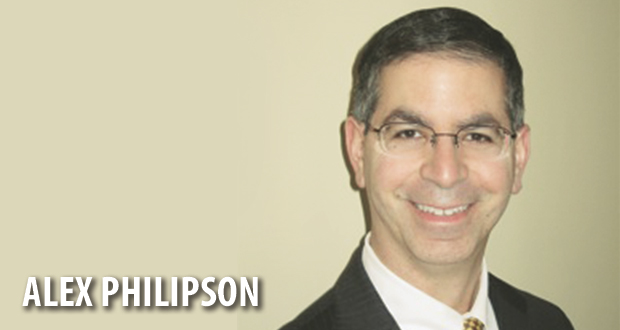 You thought you had a slam-dunk case, but a judge dismissed it before you got to trial. Or you were sued on grounds that seemed frivolous, but your adversary prevailed. Or maybe the judge made an interlocutory ruling that spelled disaster.
You thought you had a slam-dunk case, but a judge dismissed it before you got to trial. Or you were sued on grounds that seemed frivolous, but your adversary prevailed. Or maybe the judge made an interlocutory ruling that spelled disaster.
In any of those scenarios, you may have lost real money. So what do you do now? Appeal?
Not so fast.
Sure, your impulse to keep fighting may be supercharged. No one accepts defeat easily. But filing an appeal may only dig your financial hole deeper and fuel your aggravation.
You need to face your circumstances honestly. Yet that can be tough when you’ve invested months or years in the litigation; you have powerful incentives to keep going. “We’ve come this far already,” you might say. Or, “the judge got it dead wrong.”
And yet there may be very good reasons to cut your losses and move on. The problem is figuring out if that is the right course.
Counsel who handled the case up to this point will naturally be the first person you’d turn to for advice about whether to appeal. But he or she shouldn’t be the last.
Why? Because working with a case for so long can hamper even a conscientious counsel’s ability to objectively assess the prospects of meaningful success on appeal.
The answer: Get a second opinion. We already do this routinely when it comes to our health. Your doctor says you may have cancer — get a second opinion. Or you already know you have a disease, but there is more than one way to treat it — get a second opinion.
Why not do the same thing when deciding how to deal with an adverse judgment? Your goal is to make an informed decision, and getting another perspective on the pros and cons of pursuing an appeal can help you do that.
In her recent book, “Eyes Wide Open: How to Make Smart Decisions in a Confusing World,” economist Noreena Hertz has a lot to say about the value of second opinions. She suggests, for instance, seeking out a “challenger in chief” — someone to look for data that might contradict one’s initial assessment of a situation.
Making an informed decision requires facing facts that might test your beliefs. And it can be easier to do that with the advice of someone detached from your circumstances.
The key to sound decision-making is to understand all of your options. So when a judgment enters against you, resist the reflex to appeal. Instead, take a step back and get a second opinion from an attorney unbiased by the sting of the defeat in the trial court.
Whatever you decide to do, at least you will be acting with your eyes wide open.
Alex G. Philipson is founder of the appellate boutique Philipson Legal in Newton Centre, Massachusetts, www.philipsonlegal.com.
 New England Biz Law Update
New England Biz Law Update
